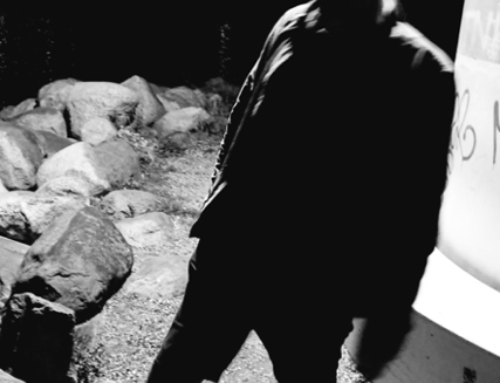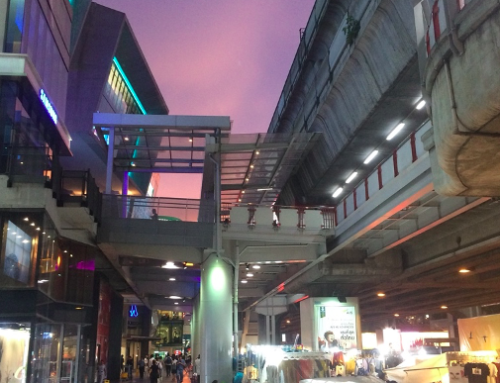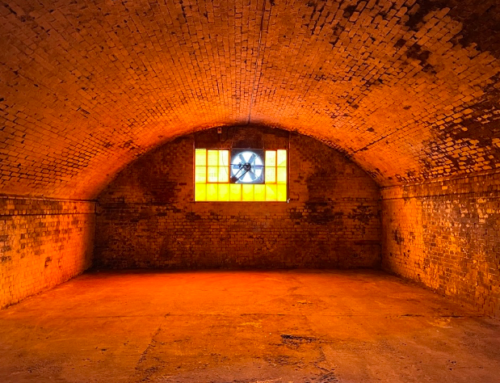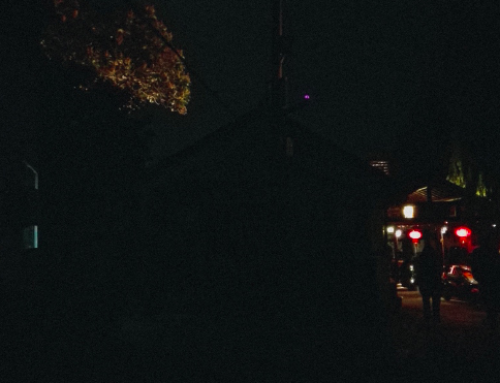This collection of flash ethnography explores dusk. Although dusk seems to be no more than the darkest moments of twilight when all traces of the sun’s light fade from the sky, it signals diverse changes in how people create and use space. Some seek slumber while others gather for protest or the pleasures of music, dance, and drink. Work may give way to relaxation—or just another shift. Colors fade into obscurity, yet structures in a city acquire clarity as silhouettes, their shapes and connections more apparent in the waning light. Dusk also spurs transitions to different constellations of human relationships and emotions. Forms of intimacy emerge as heat lingers in a city or winds course from the sea, cooling abandoned structures on a shore. Conversation can give way to solitude, brooding, and recollection, permeating the routines of the present. As dusk reaches beyond a celestial shift to darkness, stars, and planets, it disrupts neat notions of a day/night binary. Far exceeding its fleeting nature, dusk is anthropologically compelling.1
The genre of flash ethnography is well-equipped to take dusk as a subject. Its brevity matches the astronomical phenomenon and heightens the weight of words such that they evoke the immediacy of experience and place. And like other types of ethnography, its central aim is to draw an audience closer to unconsidered shades of the human condition. The pieces in this collection provide the reader and listener with small, self-contained glimpses of how people in different parts of the world experience dusk. Several essays depict shifts that occur in cities. The transition to night provides cover to abandoned structures, giving space to forms of sociality that reside outside dominant norms and values. Yet, these sites are often precarious, subject to demolition, gentrification, commodification, and notions of progress. Dusk is a time of unease in other locations or of movement from one recognized place to another. Vanishing light is an entrance to hours of solitude that must be endured without the warmth of loved ones.
Through explorations of social shifts that emerge with dusk in different cultural settings, these essays approach fundamental aspects of human life, including kinship, friendship, intimacy, ritual, commerce, memory, and the effects of power. It is our hope that each brief essay be treated akin to poetry, as compositions for rumination. Slow consumption is desirable.
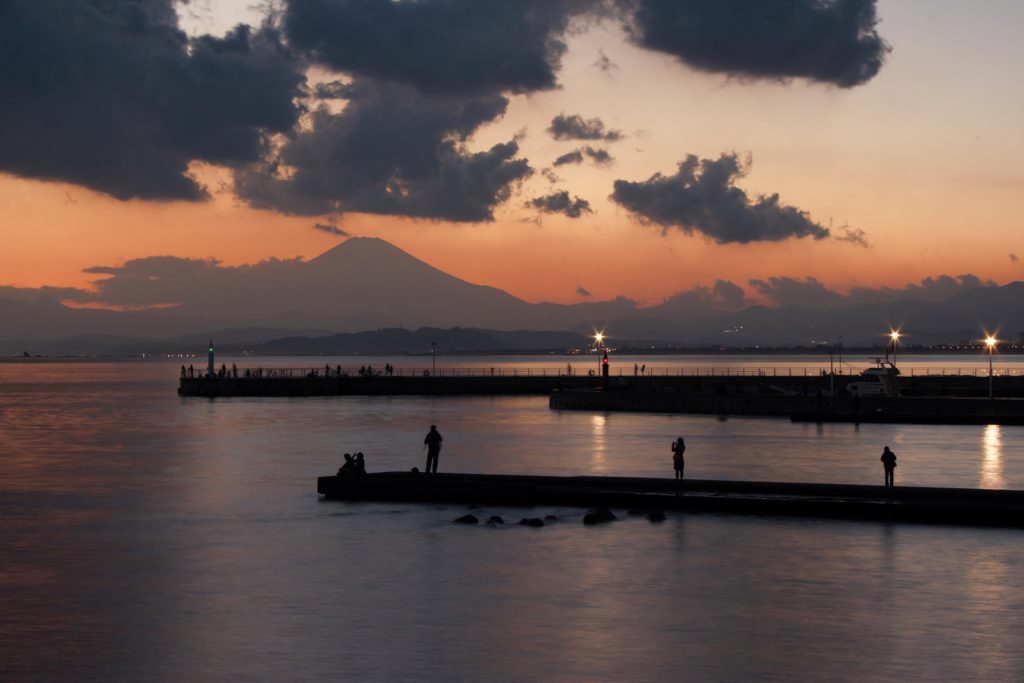
Mount Fuji at Dusk. Enoshima, Japan. Photo by Aaron Hames.
Notes:
[1] All informants have been assigned pseudonyms and are anonymized throughout the collection.
Cite as: Hames, Aaron and Pardue, Derek. 2023 “Flash Ethnography: Dusk” In “Flash Ethnography: Dusk” Aaron Hames and Derek Pardue, eds., American Ethnologist website, June 20 2023. https://americanethnologist.org/online-content/collections/dusk-collection/dusk/
